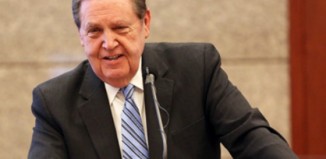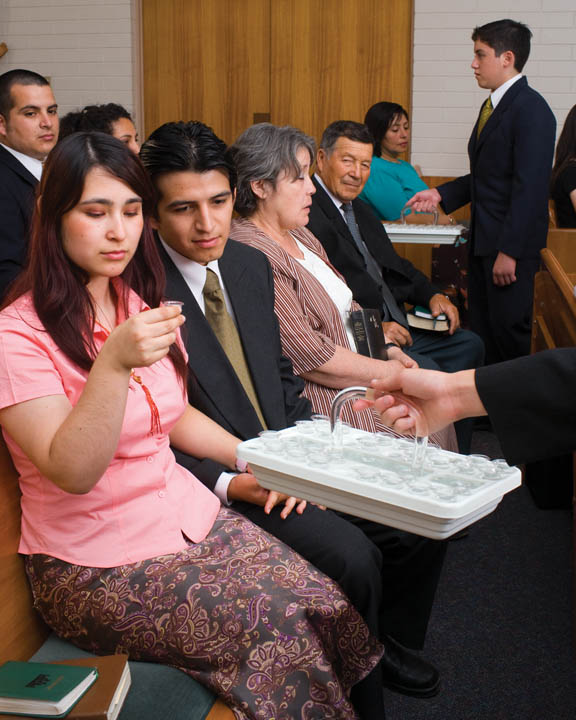Elder Holland is one of the most popular speakers, for a variety
of reasons. As a speaker he has the ability to completely tear down all the
false pretenses we have and speak directly to our souls. The majority of the
reason he is able to do this is because of his powerful words and the rhetoric
he uses to address his audience.
Approaching the topic of his talk Elder Holland addresses his
goal.
“I wish to speak,” he says, “to the best of my ability, on why we should be clean, on why moral discipline is such a significant matter in God's eyes. I know that may sound presumptuous, but a philosopher once said, tell me sufficiently why a thing should be done, and I will move heaven and earth to do it. Hoping you will feel the same way as he and fully recognizing my limitations, I wish to try to give at least a partial answer to ‘Why be morally clean?’”
Beginning this way, he combines both pathos and logos to appeal to
the audience. The pathos comes as he quotes a philosopher and tells a story.
The logos appears more as he explains and helps us understand the reasoning
behind why we do (or do not) participate in certain activities.
He is, in a way, able to walk the line that so many others
struggle to find. His talks are so perfectly balanced—and real—that people have to pause what they are doing to listen.
That is ultimately the reason why Elder Holland is such a powerful
speaker. He approaches with enough love to make us want to listen, but then his
argument is so incredibly forceful and accurate that we can’t stop listening.










